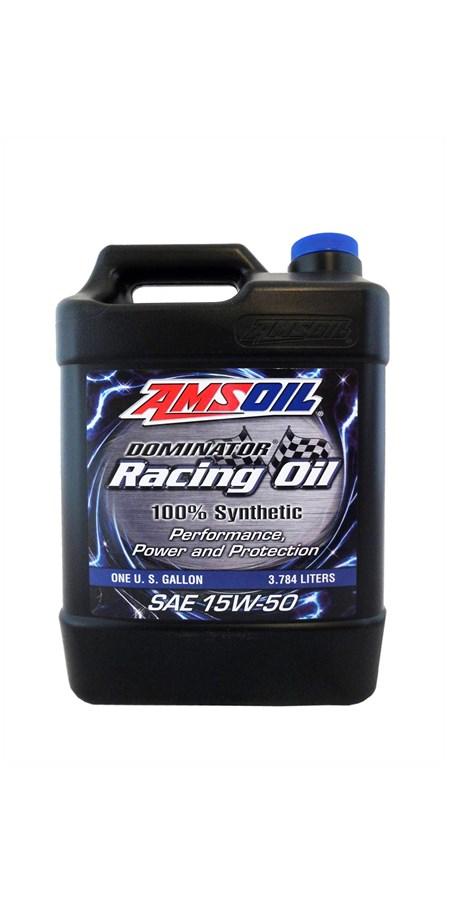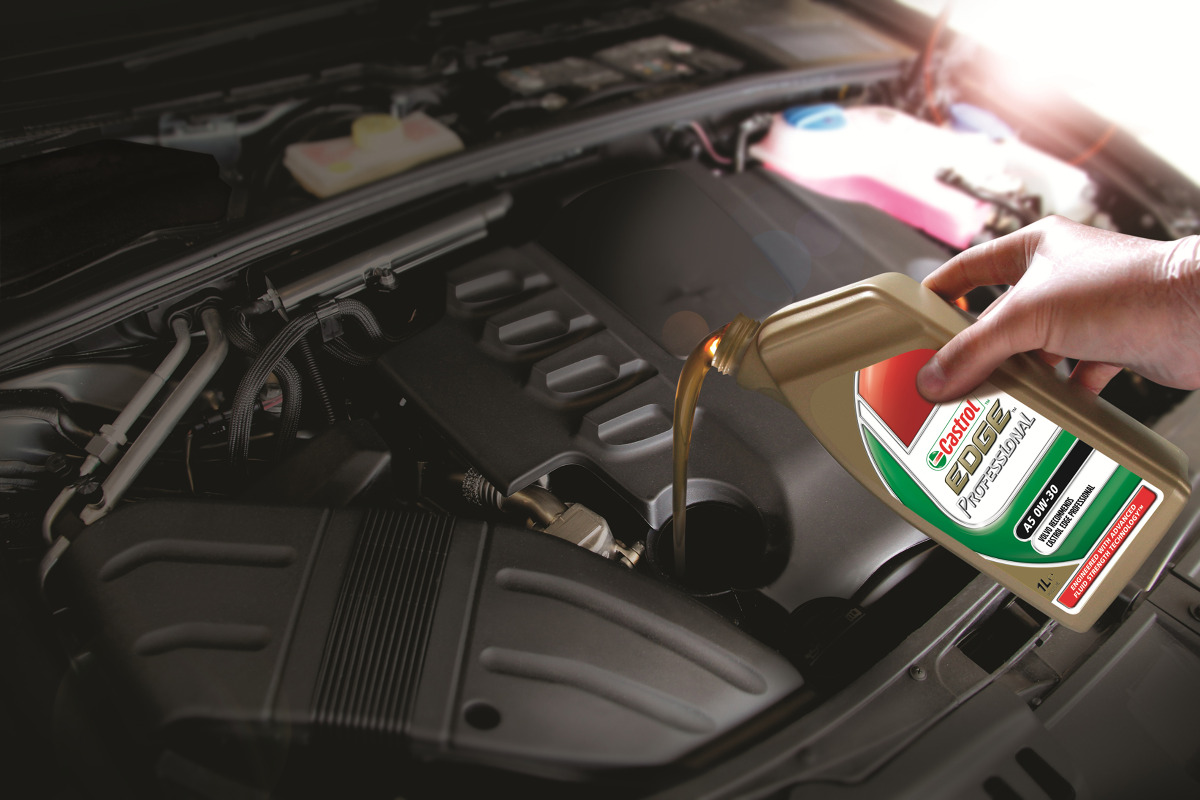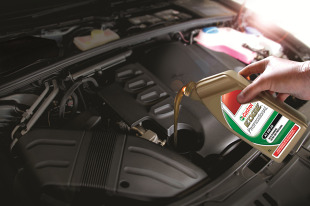
Oils for sports cars
 More and more cars with high engine power appear on Polish roads. The design of sports car engines is distinguished by the accuracy of work and the high quality of the interacting elements. The result is growing and highly specialized requirements for motor oils.
More and more cars with high engine power appear on Polish roads. The design of sports car engines is distinguished by the accuracy of work and the high quality of the interacting elements. The result is growing and highly specialized requirements for motor oils.
Lubricant requirements vary by engine design. In extremely high speed engines, such as those used in Formula One cars, oils with a viscosity of -1W-5 (say:  minus 5W-10) with a very low HTHS index (high temperature viscosity). Oils of this type require very efficient pumps, engine tight fittings, and extremely high lubrication system pressures. However, they guarantee low internal resistance of the engine and help to get the maximum possible power.
minus 5W-10) with a very low HTHS index (high temperature viscosity). Oils of this type require very efficient pumps, engine tight fittings, and extremely high lubrication system pressures. However, they guarantee low internal resistance of the engine and help to get the maximum possible power.
On the other hand, very high viscosity oils such as 10W-60 or even higher perform much better in many designs. These types of oils do not have energy saving properties, but they allow you to compensate for differences in engine fit. The high viscosity of the oil allows the so-called sealing of engine components that are less subject to thermal stress and have a looser fit, as well as where the load is very high and the change in fit is significant. An example of an element that is subjected to very high loads is a piston that, when warmed up, expands its dimensions, making it a very tight fit in the cylinder liner.
The choice between low-viscosity and high-viscosity oils also depends on the purpose of the engine. Low-viscosity oils are usually chosen for the engine, which are designed for a shorter resource and the driver's priority is its power in order to minimize the resistance of the power unit. Thanks to this, it is possible to get a few more horsepower. However, the use of lubricants with a very low oil viscosity entails very high manufacturing costs for engine parts. Fits in engines lubricated with these oils are very precise and the materials must be carefully selected. In addition, low oil viscosity implies a shorter life of the entire engine structure. In sports such as Formula 1  this is quite acceptable, and it is this technology that is leading the way in today's sports car engines.
this is quite acceptable, and it is this technology that is leading the way in today's sports car engines.
On the other hand, choosing an oil with a very high viscosity has many advantages in terms of compensating for various engine landings. They are also resistant to large changes in operating temperature. Oils with modern performance characteristics, for example, with a viscosity of 10W-60, allow you to start the engine even at temperatures below -30ºC, and sometimes even -40ºC. At the same time, high viscosity does not allow tearing off the protective layer of the oil film when lubricating especially thermally loaded components, such as pistons or turbocharger parts. Thermal stability provides a high degree of protection over a long service life.
Oil quality
The protective properties of oils are not only related to the viscosity of the oil. An important parameter is the quality of the oil, which is highly dependent on the base oils and additive package. Modern engine oils, such as Castrol EDGE 10W-60, perform well in long-term operation at high temperatures, under heavy loads and at maximum speeds. The most commonly used oils in sports cars are esters. They are synthetic bases. They have higher parameters than conventional synthetic oils (based on PAO). Thanks to these bases, the properties of the oil are at a very high level, and the additive package allows you to achieve the appropriate protective and cleaning properties, as well as stability under unusual operating conditions. Such unusual stability is, for example, the low volatility of the oil, due to which, even at the highest operating temperatures, the oil does not change its physical and chemical characteristics. High shear resistance enhances wear protection, while rapid and efficient removal of combustion products and unburned fuel keeps the drive clean.

